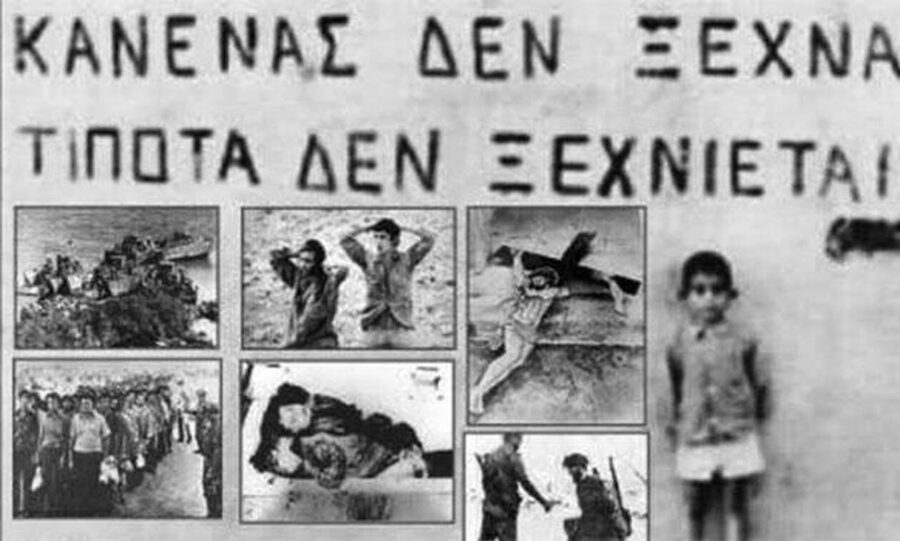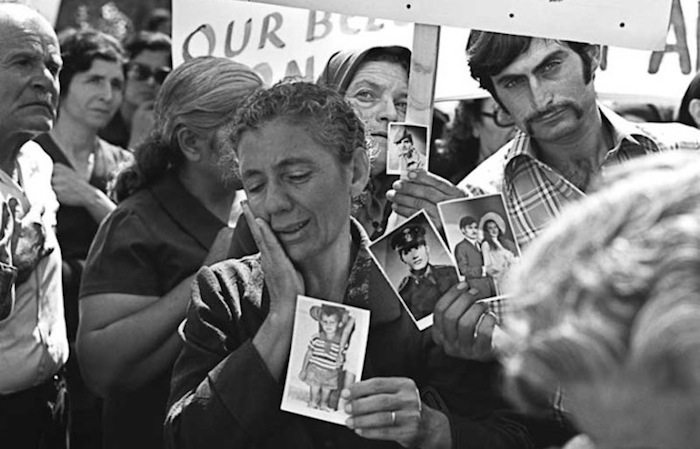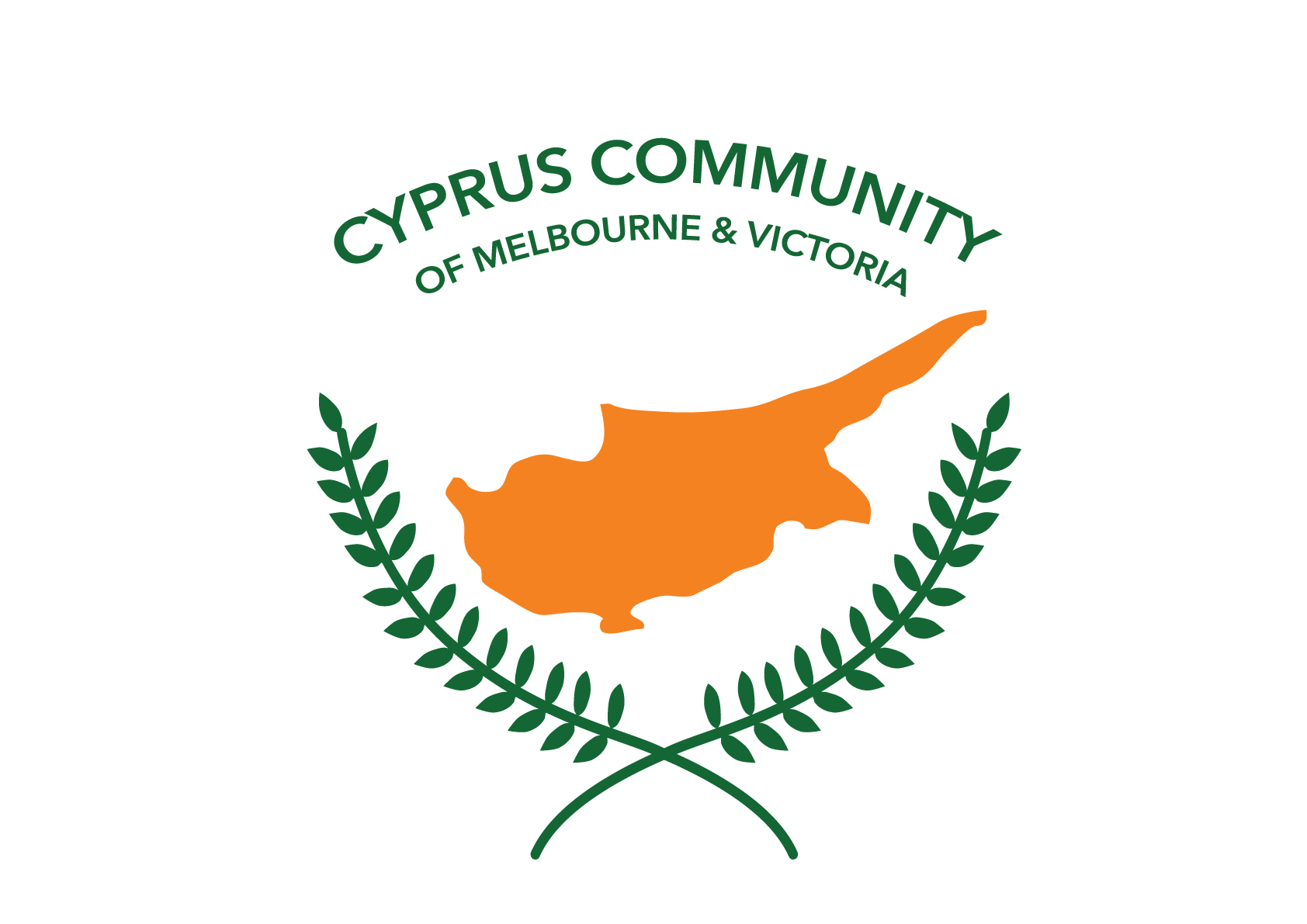Cyprus 2020: Still Occupied, Still Divided
Source: The Press and Information Office, Republic of Cyprus
The military occupation and forcible division of the Republic of Cyprus, an independent sovereign state, and a member of the EU and the UN, istotally unacceptable.

In July 1974, Turkey invaded the sovereign Republic of Cyprus, in violation of the UN Charter and fundamental principles of international law. The dire consequences of the invasion and subsequent military action by Turkey, in violation of UN ceasefire agreements, are still felt today by the people of this EU member-state:
- 36,2% of the sovereign territory of Cyprus is still under illegal military occupation by Turkey.
- Some 200,000 Greek Cypriots—about one third of the total population—who were forcibly expelled from the occupied northern part of the island (where they constituted about 70% of the population) are still deprived of the right to return to their homes and properties.
- About 1,400 persons (among them several hundred civilians) are still missing, while the Turkish side refuses to cooperate in ascertaining their fate.
- Some 500 Greek and Maronite Cypriots, out of 20,000 at the end of August 1974, remain enclaved in their villages which are still occupied. These people are living under conditions of oppression, harassment and deprivation. The rest were forced to abandon their homes and become refugees.
- About 43,000 troops from Turkey, heavily armed with the latest weapons, supported by air, land and sea power, are illegally stationed in the occupied area, making it one of the most militarized regions in the world.
- More than 160,000 settlers from Turkey have been illegally brought to colonize the occupied area and alter the demographic structure of Cyprus.
- 58,000 out of the 116,000 Turkish Cypriot population have emigrated from the island since Turkey’s invasion, according to Turkish Cypriot sources, because of the economic, social and moral deprivation which prevails in the occupied areas. Turkish Cypriots are now vastly outnumbered by troops and settlers from Turkey.
- Illegal construction on Greek Cypriot land and illegal sale of property owned by Greek Cypriots who were forcibly expelled from their homes by Turkey’s invasion have intensified. This unprecedented usurpation of property is yet another flagrant violation of human rights by the Turkish side.
- Turkey and the illegal Turkish Cypriot regime continue to destroy, deliberately and methodically, the Hellenic and Christian cultural and historical heritage of occupied Cyprus.

A series of UN General Assembly and Security Council resolutions, as well as resolutions adopted by numerous other international organizations (including the EU, the Commonwealth and the Non-Aligned Movement), reflect the universal condemnation of Turkey’s invasion and all subsequent acts of aggression against Cyprus; demand the return of the refugees to their homes in safety and the tracing of the missing persons; and call for respect for the human rights of all Cypriots as well as for the independence, sovereignty and territorial integrity of Cyprus. Moreover, the European Court of Human Rights has found the government of Turkey responsible for gross and systematc violations of human rights in Cyprus.
Successive rounds of UN-sponsored talks between the Greek and Turkish Cypriot communities to resolve the Cyprus problem have been undermined by the Turkish side which has sought a settlement that in effect would leave Cyprus permanently divided and hostage to foreign interests. The government of Cyprus and the Greek Cypriot side, on the other hand, have been insisting on the genuine reunification of the island, its institutions and its people. Intensive efforts by the UN resulted in the presentation in 2004 of a plan by the Secretary-General (Annan Plan V) for a comprehensive settlement of the Cyprus problem. On 24 April 2004 the people of Cyprus were asked to approve or reject the plan through separate, simultaneous referenda by the two communities. A clear majority of 75.8% Greek Cypriots rejected the proposed Annan Plan because they felt that the final text was not balanced and did not meet their main concerns regarding security, functionality and viability of the solution.
Obviously, in rejecting the Annan Plan, the Greek Cypriots did not reject the reunification of Cyprus, which remains their primary goal. They rejected that particular Plan because, despite claims to the contrary, it did not lead to a real unification of the island and the reintegration of its people, institutions and economy.
Throughout the lengthy intercommunal talks which took place over the years, held under the auspices of the United Nations Organization, the Greek Cypriot side had always shown goodwill for the settlement of the Cyprus problem in such a way as to serve the interests of all the citizens of Cyprus. With the same goodwill it attended the direct negotiations which began on 3 September 2008, between President Christofias and the Turkish Cypriot leader Mehmet Ali Talat and then with his successor, Dervish Eroglou.
The basis and the framework for the solution of the Cyprus problem are provided for by the relevant UN resolutions and the high-level agreements between the representatives of the two communities. The basis of the solution is a bizonal, bicommunal federation with political equality as described in the UN resolutions, with a single sovereignty, single citizenship and single international personality safeguarding the human rights and the basic freedoms of all the citizens. The Government of Cyprus and the Greek Cypriots want efforts for a solution to the Cyprus Problem to continue until a framework, addressing the concerns of all the people of Cyprus, is agreed upon by the parties themselves.
For the solution to be viable and to withstand the test of time, it must be perceived as fair by the people who will have to live with it. The solution, therefore, must be democratic, just, workable, financially viable and compatible with EU principles, laws and democratic norms, the Convention on Human Rights and key UN resolutions; Cyprus must remain a unified state and enjoy full sovereignty, territorial integrity and independence.
Consistent with this outlook, the Cyprus government has been working systematically towards creating the necessary conditions for substantial and constructive negotiations between the two communities under UN auspices which will in turn lead to an agreed, functional and lasting settlement to the Cyprus problem within the context created by the accession of Cyprus to the European Union in 2004.
Loss of Resources as a Result of Turkey´s Invasion
- 70% of the gross output
- 65% of the tourist accommodation capacity
- 87% of hotel beds under construction
- 83% of the general cargo handling capacity (Famagusta port)
- 56% of mining and quarrying output
- 41% of livestock production
- 48% of agricultural exports
- 46% of industrial production
- 20% of state forests
- 36.2% of housing stock
- 38.3% of school buildings
“We demand that the solution will restore and safeguard the human rights and fundamental freedoms of all the people of Cyprus, Greek Cypriots, Turkish Cypriots, Maronites, Armenians and Latins, including the right of return and the right to property for the refugees. We demand that the solution will provide for the withdrawal of the Turkish occupation troops and the demilitarization of the Republic of Cyprus. The ultimate goal remains the demilitarization of all of Cyprus….”
“The Cyprus problem remains unresolved despite the many efforts that have been made from time to time. The problem has not been solved due to Turkey’s refusal to accept a solution that would be to the benefit of the people of Cyprus. I firmly believe that the time has come for the problem to be solved in a just, viable and functional way and for the principles of international law to be restored; principles that Turkey violates through the invasion it carried out in 1974 and through the occupation of a large part of our homeland….”
Demetris Christofias
Former President, Republic of Cyprus
28 February 2008

